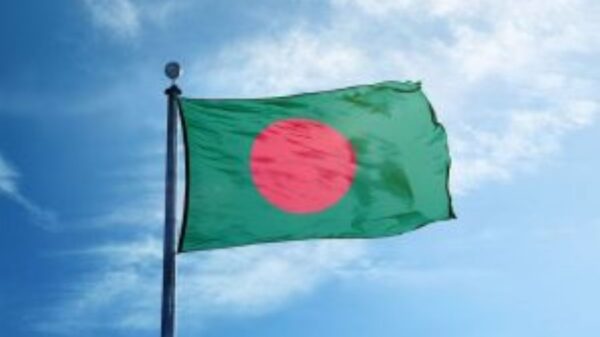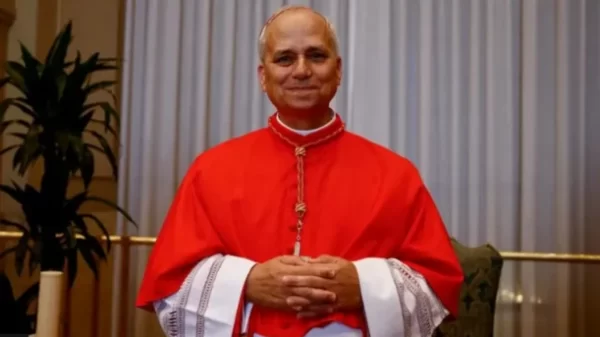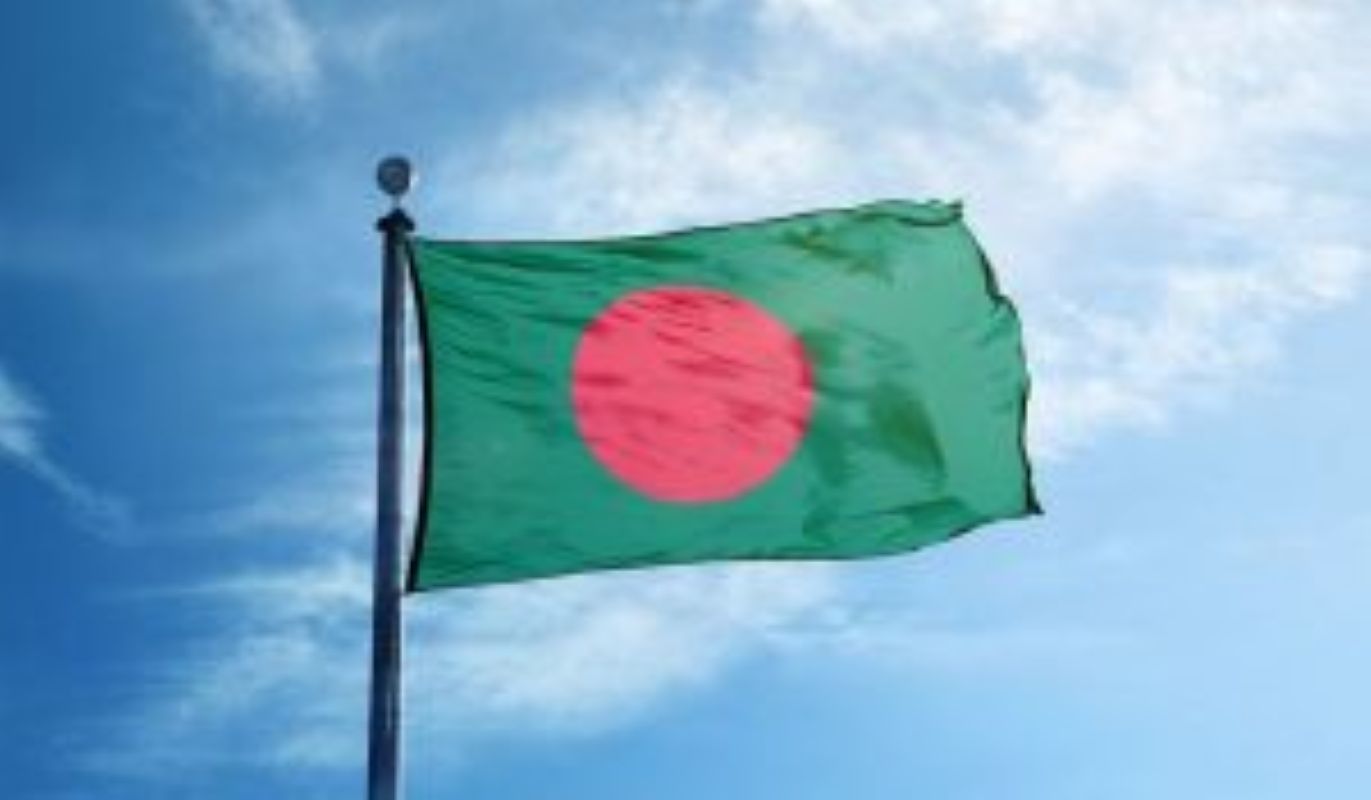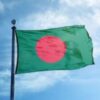When apartheid ended in South Africa, the country was faced with what seemed like an insurmountable task. The new government had to overcome the divides of apartheid and the anger that had festered, in a physically disparate and economically isolated country. It was a task that no one envied and yet, they found a way forward. Now, seven months after the uprising in Bangladesh, with the country at a stalemate, it may be time for Bangladesh to follow South Africa’s example.
When the people of Bangladesh came together to overthrow the Awami League government, it was a moment of powerful unity. Yet today, Bangladeshi society stands more divided than ever. The Interim Government appointed in August was tasked with moving the country towards free and fair elections. But it is now April, and there remains no concrete timeline for elections. Instead, the temporary leadership has now splintered, following the resignation of a key advisor to form a new party.
The leadership of the new National Citizen Party have called for what they see as Bangladesh 2.0. And it’s not hard to see why they want a fresh start for the country. There has been a breakdown in law and order across the country, leading to a rise in personal attacks and ongoing debates about religious persecution in the country which were brought to the forefront of the national discussion when the US Director of National Security Tulsi Gabbard flagged them as a major “concern”. There is continued repression of journalists, and many women across the country are fearful for their rights in the face of rising religious extremism.
The interim government has made no efforts to address the divisions that have emerged in Bangladeshi society following the summer uprisings. Instead, they have stoked them to a boiling point, describing veritable reports of rising extremism as “misleading”. They have gone after nearly anyone associated or even alleged to have associated with the former government, whether that is actresses, major businesses, or even sports figures. Just recently, police forces in Dhaka arrested 11 more members of the Awami League and its now banned student wing, the Bangladesh Chhatra League. Those arrested had organised a procession, displaying support for the ousted Sheikh Hasina and, for doing so, now face legal proceedings for “creating public panic and conspiring to destabilise the country by organising and participating in unauthorised processions throughout Dhaka.” A heavy handed imposition given the interim government’s given all the lip service for tolerance.
These divisions have consequences, none of which the interim government appears willing, or liable, to face. It is the next government that will be forced to address the divisions and clean up the mess left in a society crippled by violence. The answer of when the country will have a new and fairly elected government, seems as elusive as ever.
Given the interim government’s struggle to enact reform amidst ongoing economic instability and escalating violence, the question arises as to what the way forward is for Bangladesh? The concept of a Bangladesh 2.0 is promising, but this will require an overhaul at every level of government and civil society. This is made more difficult by the fact that the goodwill the Interim Government once enjoyed is being eroded by the stalemate the country faces. All this begs the question of how to break the cycle: by settling old political scores, or enacting democratic reforms?
It is clear that the current approach isn’t working for Bangladesh and as the country stands at a precipice, a new direction is needed. The country needs to break the current cycle of tit-for-tat retribution and allow positive steps forward for all of those living in Bangladesh, regardless of their former or current political affiliations. This is where Bangladesh should take inspiration from South Africa. The Truth and Reconciliation Committee allowed the people of South Africa to address its past, acknowledge the hurt and come together to build a new country, led by Nelson Mandela.Fortunately for Bangladesh, interim leader Muhammad Yunus had a longstanding friendship with Mandela and was one of the privileged few who was invited to hold membership of Mandela’s council of Elders. This should give Yunus a unique insight into how Mandela and his government were able to bring South Africa together post apartheid, making him perfectly placed to head such an initiative.




























